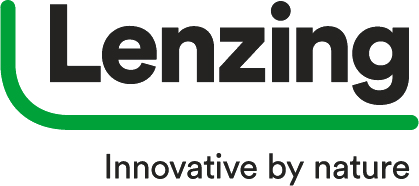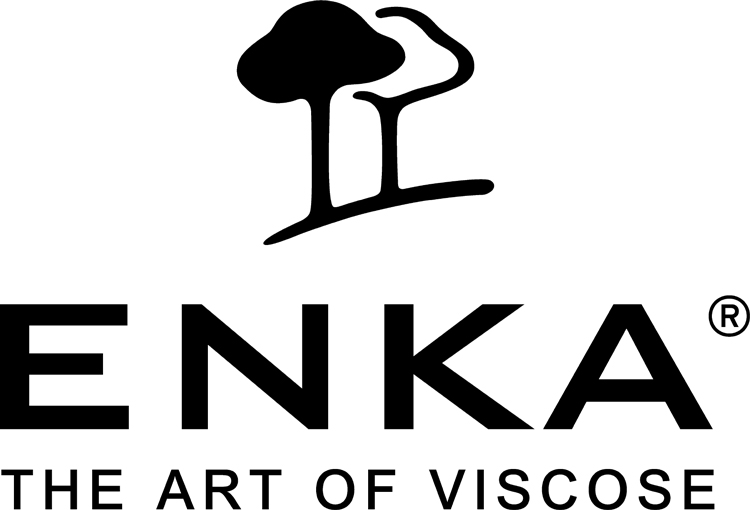
Viscose Traceability Pilot
In December 2020, Fashion for Good launched a pilot to test the TextileGenesis™ platform, a blockchain-based solution for tracing sustainable viscose fibres. This pilot involved several partners including Bestseller, Kering and Zalando, in addition to manufacturers Lenzing, ENKA and Tangshan Sanyou. The pilot’s aim was to test the TextileGenesis™ platform and trace responsibly sourced viscose through digital and physical means across the supply chain.
Problem Statement
6.3 million tonnes of viscose are used to produce garments annually. An estimated 30% of viscose is sourced from endangered forests, making it crucial to verify the origin of sustainably-sourced fibres.
Executive Summary
The pilot involved tracing ~23,000 product units across the three brand partners. The platform successfully tracked viscose fibres, verifying their origin through blockchain technology using TextileGenesis™. The pilot showcased the platform’s potential to enhance supply chain transparency and sustainability, helping brands verify material authenticity and certification. The key goal of the project was to implement a robust, scalable traceability system using both blockchain technology and physical tracers to ensure sustainably sourced viscose.
Project Results
-
Demonstrated a scalable traceability solution for the viscose supply chain, covering fibre to finished product, and illustrates how digital traceability platforms integrate with physical tracer technologies.
-
Since the pilot, TextileGenesis has gone on to work with 150+ brand partners and has onboarded 12,000+ supply chain actors on the platform.
-
-
-
Innovators
Innovation Partners
Implementation Partners
Funders
Relevant Resources

From Fibre To Finish To Scale: Tracing Viscose And Beyond

From Fibre to Finish: Tracing Sustainable Viscose

In Conversation with Spinnova: From Wood Pulp to Chemical-Free Viscose Alternative

Blockchain’s potential tested in new viscose project
Dutch sustainability initiative Fashion for Good has kick-started a Viscose Traceability Project which assesses blockchain technology’s performance in tracing the cellulosic fibre throughout the textile supply chain.

Fashion for Good Celebrates The Success Of The Viscose Traceability Pilot Project
On World Rainforest Day, Fashion for Good celebrates the success of the Viscose Traceability Pilot Project, a consortium to trace sustainable viscose in clothing using the company’s blockchain tracing solution. TextileGenesis innovator. With around 30% viscose coming from threatened forests, the validation of TextileGenesis’ solution is an important step towards transparency in the value chain and ensuring that the fibers come from renewable sources.

The Search for Fashion Supply Chain Transparency
In 2019, Zalando partnered with platform for sustainable innovation Fashion for Good on its “Organic Cotton Traceability Pilot”, which combines on-product authentication markers and blockchain technology to track organic cotton from farm to consumer. In December 2020, the German etailer started supporting Fashion for Good’s newest project, the Viscose Traceability Project, which uses blockchain technology to trace viscose. It also supports the Open Apparel Registry (an open-source map and database of global apparel facilities) to map garment facilities worldwide and allocate a unique ID to each facility.
Other Projects

The Next Stride: Bio-based Materials for Footwear Soles
“The Next Stride: Bio-based Materials for Footwear Soles” aims to validate the performance and environmental impact of bio-based polymers as sustainable alternatives to the fossil fuel-derived materials currently used in footwear soles. The objective is to collectively de-risk the transition to these “next-generation” materials by rigorously testing their technical properties and assessing environmental benefits. Ultimately, the purpose is to accelerate the adoption of these bio-based solutions and pave the way for a more sustainable footwear industry.

Beyond50 Denim: Combining Cottonised Hemp And Green Chemistry
“Beyond50 Denim: Combining Cottonised Hemp And Green Chemistry” aims to validate the performance and environmental impact of cottonised hemp processed with green chemistry to act as a true alternative to cotton in denim applications. The project goal is to evaluate the performance of SEFF’s cottonised hemp fibre in combination with Fibre52’s bio-friendly chemistry solution within denim fabric applications with a total hemp content of 50% and above. The fabrics will be benchmarked against conventional 100% cotton denim with a specific focus on handfeel and aesthetic characteristics.

Price Parity Toolkit
The Price Parity Toolkit (PPT) was designed to help bridge the price gap between next-gen* and conventional materials. Developed by Fashion for Good with the support of Canopy, this industry-supported framework introduces a financing mechanism that decouples price premiums at early stages of the supply chain to enable adoption and drive the scale of lower-impact materials.








